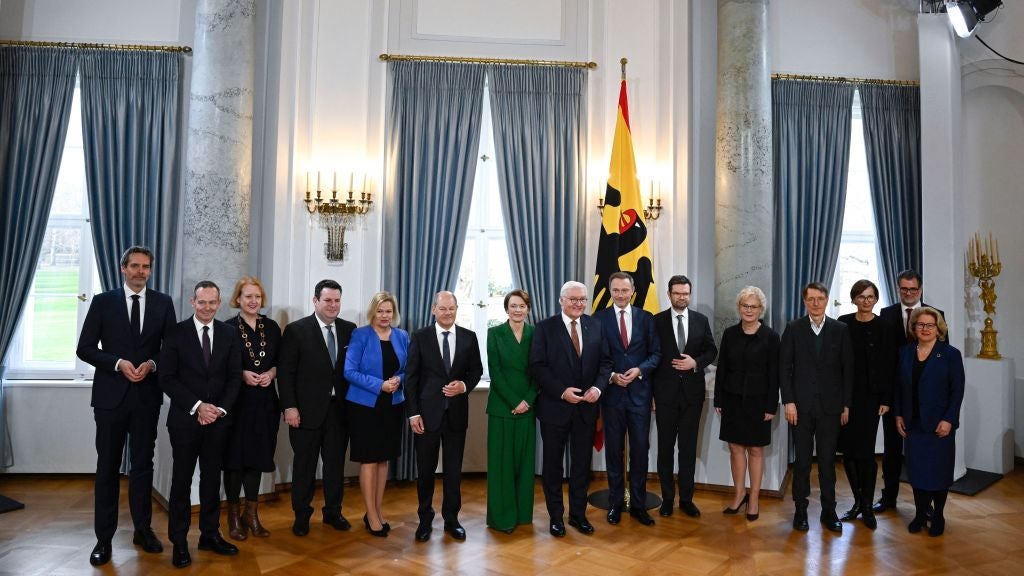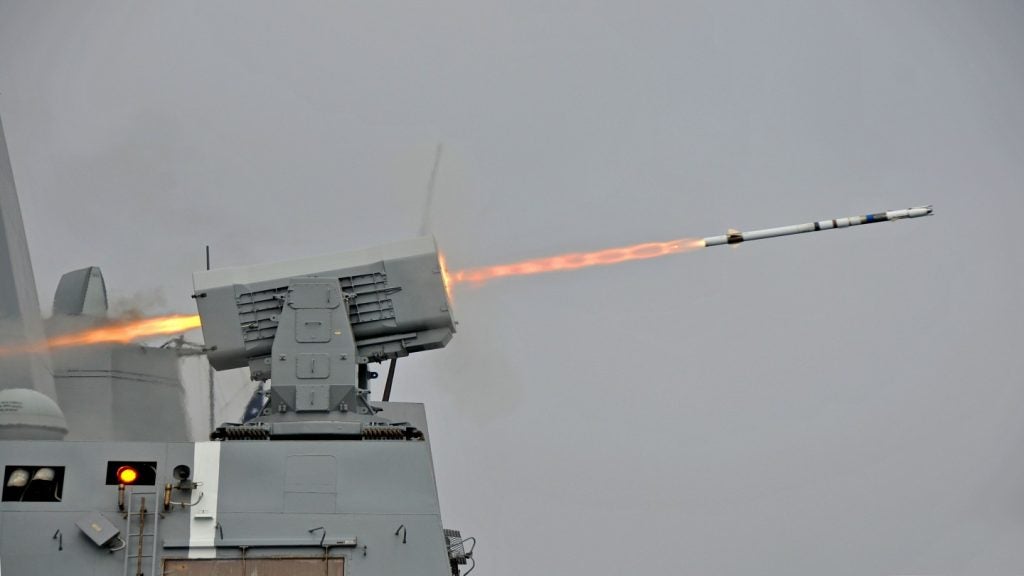
Germany published its National Security Strategy document on 14 June, the first such report constructed by the German government, with input from all ministries and departments, forming a comprehensive outline for German’s strategic position looking toward considering the mid to long term geopolitical landscape.
The contents address certain key areas that continue from Germany’s foreign and military policy shift this year, guaranteeing Germany will meet its spending commitments to Nato, describing its commitment to defence for its Eastern European neighbours, and reducing restrictions for the export of arms.
In a discussion at the International Institute of Strategic Studies on 22 June, Germany’s Minister of State at the Federal Foreign Office, Dr Tobias Lindner was keen to point out that the strategy, as he described it, remains ‘typically German’; the government stresses in the document that Germany will remain reliable allies and partners.
When questioned on the exact details of the defence spending to commitment, which is to spend 2% of GDP on defence procurement, one average, over the coming years, Lindner was unable to offer great certainty on how that would be maintained considering the prospect of upcoming elections and the potential for a shift of power.
He did exhort the benefits of the newly announced €100bn ($109bn) fund for Germany’s armed forces, describing how the creation of this legal entity will allow for ease in the procurement of defence equipment where normal German budget requirements could otherwise confound the procurement process. Beyond allowing funds, it creates a special fund wherein unused monies are not returned to the treasury at the end of the year, unlike with other ministerial budgets. This allows flexibility in a procurement where the process of development and procurement can involve delays in reaching milestones.
Germany has had export controls that at times prohibited the trade of arms into active conflicts. The National Security Strategy outlines a reduction in red tape to allow projects to be delivered where the input from Germany is below a certain threshold of ten or fifteen percent. This is in accordance with legislation laid down following German Chancellor Scholz’s ‘Zeitenwende’ (“historic turning point”) speech, and represents a departure from Germany’s historic position.
How well do you really know your competitors?
Access the most comprehensive Company Profiles on the market, powered by GlobalData. Save hours of research. Gain competitive edge.

Thank you!
Your download email will arrive shortly
Not ready to buy yet? Download a free sample
We are confident about the unique quality of our Company Profiles. However, we want you to make the most beneficial decision for your business, so we offer a free sample that you can download by submitting the below form
By GlobalDataLindner expressed that part of the purpose of the National Security Strategy document was to make clear to other nations that they can calculate what is acceptable for Germany, and what will cause problems, and with the transparency of the document thereby ensure reliability for Germany’s allies and partners.
The contents of the report is undoubtedly heavily influenced by the events that are unfolding in Ukraine, and as a consequence a certain level of support is expressed for Ukraine and Germany’s Eastern European neighbours. The comprehensive support is evident in the doubling of spending on Ukraine that Germany announced recently, however the Defence Minister Christine Lambrecht stated over the weekend of 17-18 June that the German armed forces were reaching the limits in providing further assistance to Ukraine.







